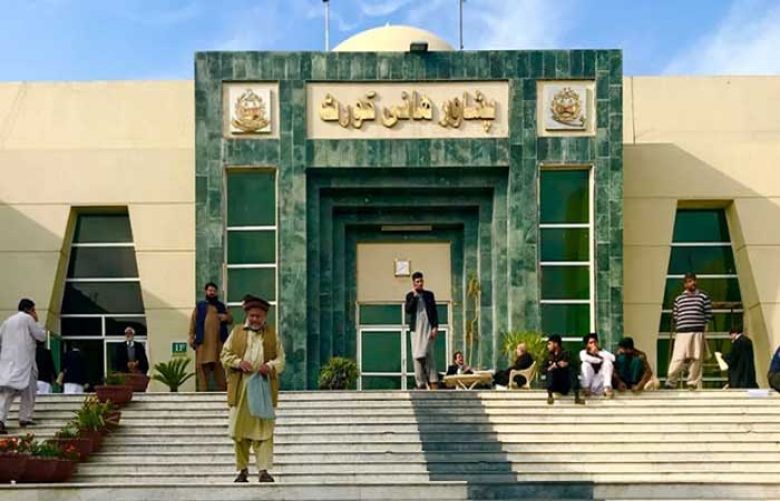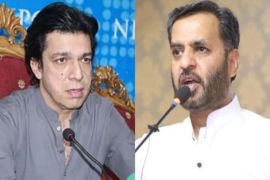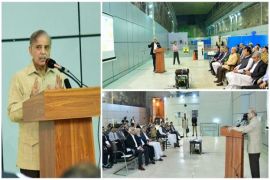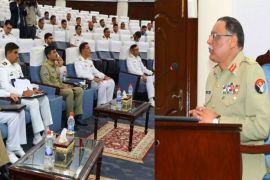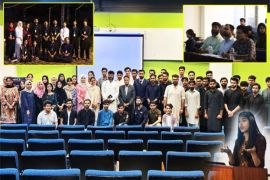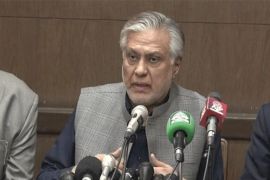The Peshawar High Court has rejected the applications of the Sunni Ittehad Council (SIC) seeking reserved seats and against their division among other political parties.
Earlier, a five-member bench, headed by Justice Ishtiaq Ibrahim, had reserved its verdict after arguments from both sides were completed.
Barrister Ali Zafar argued in court that in December 2023, the election commission withdrew the PTI's electoral symbol of 'bat' after which the PTI candidates participated in the election as independents. The Peshawar High Court then annulled the election commission's decision in January 2024 and restored the bat symbol. But the Supreme Court annulled the PHC's decision and reinstated the ECP's decision.
Later, the PTI-backed candidates won several seats in the February 8 elections, Barrister Zafar explained, adding that they got 91 seats in the National Assembly, 90 in Khyber Pakhtunkhwa, 107 in Punjab, nine in Sindh and one in Balochistan. Out of these, 86 members from the National Assembly, 90 in KP, 107 in Punjab, nine in Sindh and one from Balochistan joined the SIC.
However, the election commission deprived them of the 78 reserved seats they deserved as per their numbers in the assemblies. "We did not submit the reserved seats list, so other parties reached out to the election commission to grab our share," Ali Zafar said, adding that the parties argued the SIC was not a political party.
"Just like land grabbing is a mafia, other political parties have turned into a reserved seat grabbing mafia," Ali Zafar remarked.
Justice Ijaz Anwar commented that this could not be called a mafia as the decision had been made by the election commission. Justice Ibrahim asked Barrister Zafar why he was using such strong words.
Ali Zafar apologized to the court and asked to delete his words. He asked what the status of a political party would be if it did not participate in elections. Sunni Ittehad Council is a listed party with an election symbol. Its contesting the election was not necessary as boycott was also a part of election, he argued.
The counsel said Article 17 provided for the fundamental rights of a political party. He then spoke about the difference between a political party and a parliamentary party, adding that elections for reserved seats are not general but held under a formula. A reserved seat is allotted in proportion to the success of a political party in the general election.
Justice Attique Shah asked about the status of reserved seats if independent candidates were successful in elections. Ali Zafar replied that the Constitution was silent on the matter.
Justice Ijaz Anwar questioned how SIC became a political party when it did not win a single general seat in the elections. Justice Shakeel Ahmed said reserved seats were allotted under general seats. Justice Arshad Ali asked Ali Zafar if they did not weaken the PTI's case by joining the SIC.
He replied in the affirmative, saying the PTI did not have an election symbol and its intra-party elections had been annulled.
Justice Ali remarked that after the Supreme Court judgment was announced, the party had time and they could have held intra-party elections. "The PTI's case is strong in the judgments you have submitted. But the Sunni Ittehad Council did not contest the election," he remarked.
The party head of the Sunni Ittehad Council did not contest the election himself? Justice Anwar asked.

